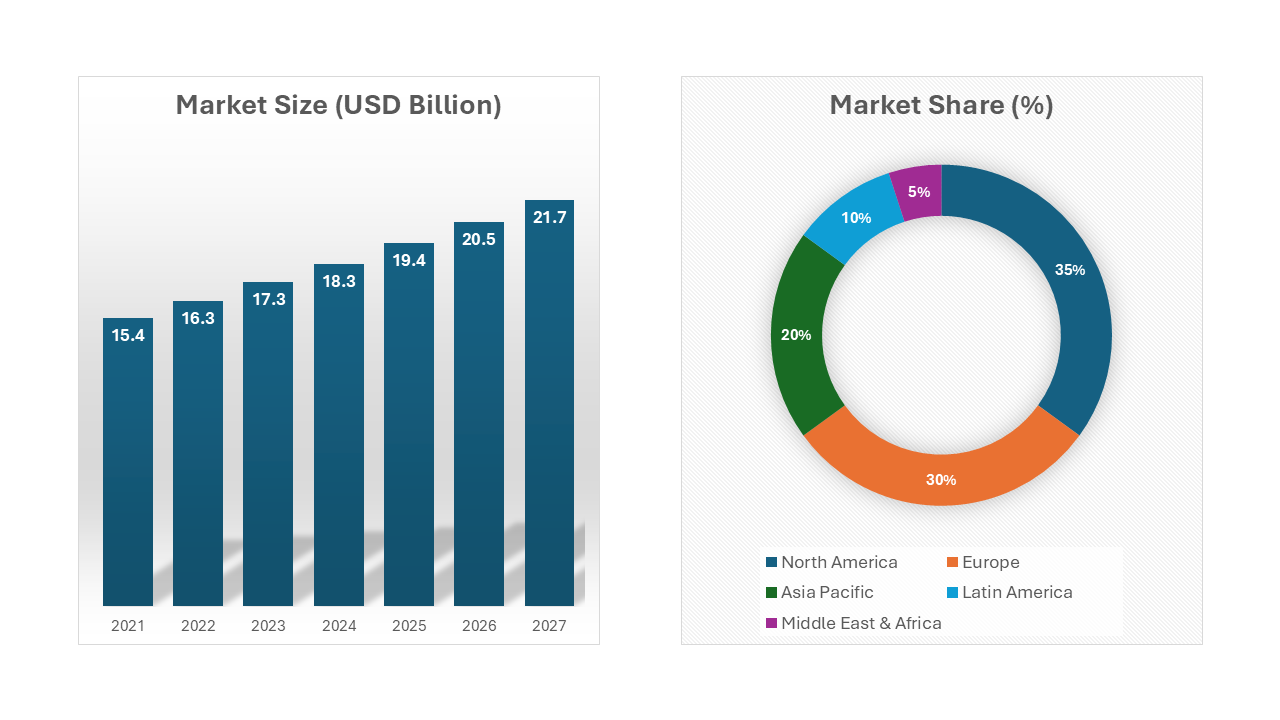Help desk outsourcing involves delegating IT support and customer service responsibilities to a third-party provider. This strategic move allows companies to focus on their core business activities while ensuring their IT support and customer service needs are handled by experts. Outsourcing help desk services effectively enhances service quality, reduces operational costs, and provides continuous support for customers and employees.
Market Overview and Trends
The global help desk outsourcing market has been growing steadily and is projected to continue this trend. According to Market Research Future, the market size is expected to grow at a CAGR of 6% from 2021 to 2027. This growth is driven by increasing demand for cost-effective solutions, improved service quality, and the rapid adoption of AI and automation technologies.
Market Size and Projections

Key Components of Help Desk Outsourcing Services
| Category | Description | Measurement |
|---|---|---|
| Service Desk Operations | ||
| Incident Management | Handling IT incidents efficiently to minimize downtime and restore normal service operations. | Time to resolution, number of incidents resolved |
| Problem Management | Identifying the root cause of recurring issues and implementing solutions to prevent recurrence. | Number of recurring issues, time to problem resolution |
| Request Fulfillment | Managing service requests such as password resets, software installations, and access requests. | Number of requests fulfilled, user satisfaction scores |
| Customer Support | ||
| Multi-Channel Support | Providing support through various channels, including phone, email, live chat, and social media. | Response time, customer satisfaction rate |
| Technical Support | Helped with technical issues and troubleshooted hardware and software problems. | First call resolution rate, average handling time |
| Self-Service Options | Implementing self-service portals and knowledge bases for users to find solutions independently. | Usage statistics, reduction in support requests |
| Operational Efficiency | ||
| 24/7 Availability | Ensuring continuous support around the clock for global users and different time zones. | Uptime percentage, response time |
| Scalability | Adapting support levels based on company needs, allowing scalability during peak times or growth. | Scalability index, resource utilization |
| Cost Management | Reducing operational costs by leveraging the expertise and infrastructure of the outsourcing provider. | Cost savings, ROI |
| Technology and Tools | ||
| Automation | Utilizing automated tools for ticketing, routing, and resolution of common issues. | Automation rate, reduction in human error |
| Analytics and Reporting | Implementing advanced analytics to track performance metrics and improve service quality. | Number of reports generated, actionable insights |
| AI Integration | Using AI-powered chatbots and virtual assistants for instant responses and handling routine queries. | AI utilization rate, user satisfaction |
Advantages of Help Desk Outsourcing
Cost Efficiency
- Reduced Overhead Costs: Lower hiring, training, and maintaining an in-house support team expenses.
- Predictable Budgeting: Fixed pricing models offered by tech support outsourcing providers help predict financial planning.
Enhanced Expertise
- Access to Specialists: Outsourcing providers employ skilled professionals with specialized knowledge and experience in IT support and customer service.
- Continuous Training: Providers must train their staff on the latest technology and best practices.
Improved Service Levels
- Faster Response Times: Outsourcing providers often guarantee quicker response and resolution due to their dedicated focus and resources.
- Higher Customer Satisfaction: Professional handling of support requests leads to better user experiences and higher satisfaction rates.
Focus on Core Business
- Increased Productivity: Internal teams can concentrate on strategic initiatives and core business functions instead of being bogged down by support tasks.
- Business Continuity: Reliable support services ensure minimal disruption and continuous business operations.
Choosing the Right Help Desk Outsourcing Partner
When selecting a help desk outsourcing partner, consider the following factors:
| Category | Description | Measurement |
|---|---|---|
| Experience and Reputation |
|
|
| Service Level Agreements (SLAs) |
|
|
| Customization and Flexibility |
|
|
| Security and Compliance |
|
|
| Technology Integration |
|
|
Help desk outsourcing is a strategic decision that can significantly enhance operational efficiency, reduce costs, and improve service quality. By partnering with a reliable outsourcing provider, businesses can ensure that their IT support and customer service needs are met with expertise and professionalism. Incorporating AI and automation in help desk services will optimize performance and user satisfaction as technology evolves.
Contact Us Today to learn how Fusion CX’s help desk outsourcing services can transform your IT support and customer service operations.

